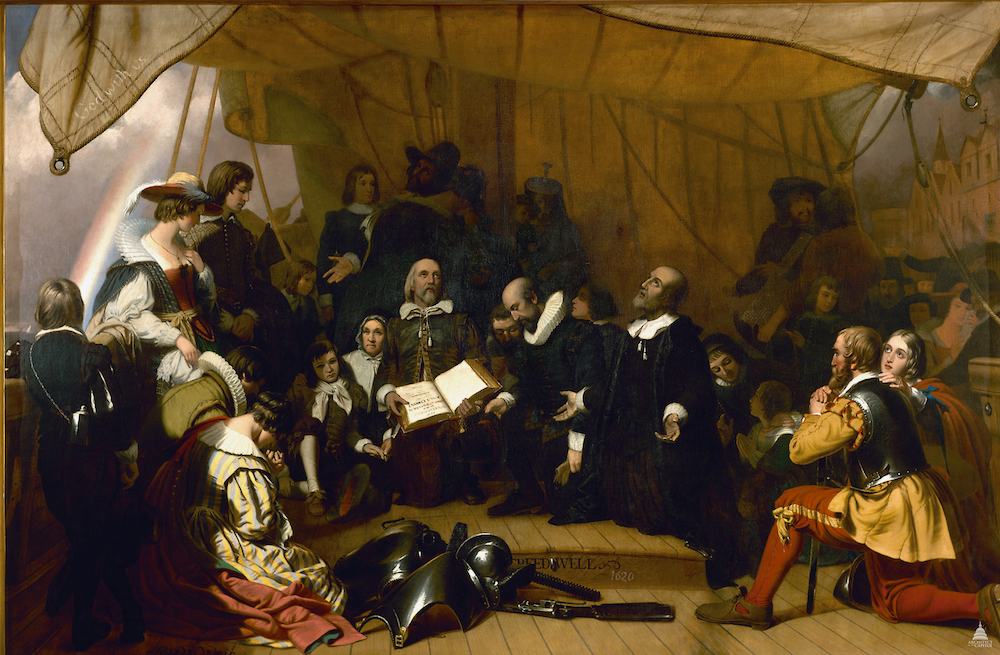“You will say they deserved it,” wrote the Separatist pastor John Robinson in 1623, after he first heard about the killings. The recipient of this letter was Pilgrim leader William Bradford, governor of the Plymouth colony in America. Robinson had been a long-time spiritual mentor to the Pilgrims who had immigrated to the New World in 1620. Years earlier, he had served as their pastor in Scrooby, England. Harassed by the English government and the established church due to their religious non-conformity and their unwillingness to engage in worship they deemed corrupt, Robinson eventually accompanied his flock into exile in Holland.
Login to read more
Sign in or create a free account to access Subscriber-only content.
Topics:
